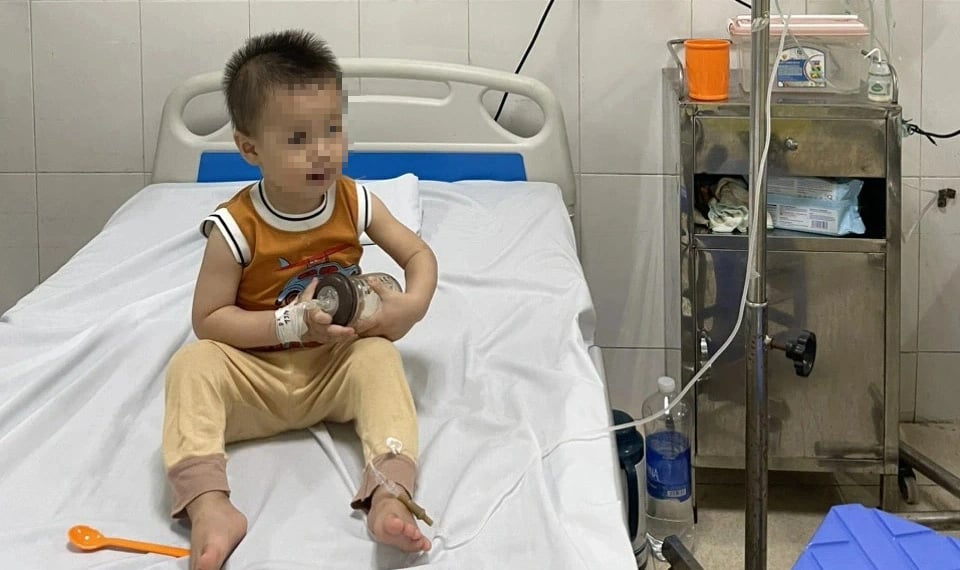
20-month-old baby suffers respiratory failure due to drinking kerosene - Photo: BVCC
Take a bottle of water and drink kerosene
On the afternoon of April 17, Thanh Hoa Children's Hospital announced that it had promptly treated and saved the life of a 20-month-old child suffering from respiratory failure due to drinking kerosene.
Accordingly, on April 15, Thanh Hoa Children's Hospital admitted a 20-month-old boy with severe coughing, difficulty breathing, and respiratory failure.
Through the family, it was revealed that the parents had gone to work far away, leaving the two children with their grandparents to raise and care for. On the morning of April 15, while watching the grandchildren, the grandmother took the opportunity to do other things, the children played by themselves and walked to the God of Wealth altar in the corner of the house. When she saw a bottle of water on the table, she immediately picked it up and drank it.
Seeing her grandchild coughing and crying loudly, she ran up and discovered that her grandchild had drunk a bottle of kerosene. She quickly called the neighbors to take her grandchild to the nearest medical station. After first aid, the grandchild was transferred to Thanh Hoa Children's Hospital for treatment.
Fortunately, the child was discovered early and taken to the hospital in time. At present, the child is stable and continues to be monitored and treated according to the protocol.
This is also a lesson for families with small children, do not store gasoline and oil in visible, easy-to-reach places, in plastic bottles, electrical appliances and equipment also need attention to ensure safety for children, avoiding unfortunate situations that may occur in daily life.
When detecting any unusual signs in children, or detecting that children have just drunk or eaten oils, gasoline... parents need to take the child immediately to the nearest medical facility for timely treatment, to avoid leaving behind painful consequences.
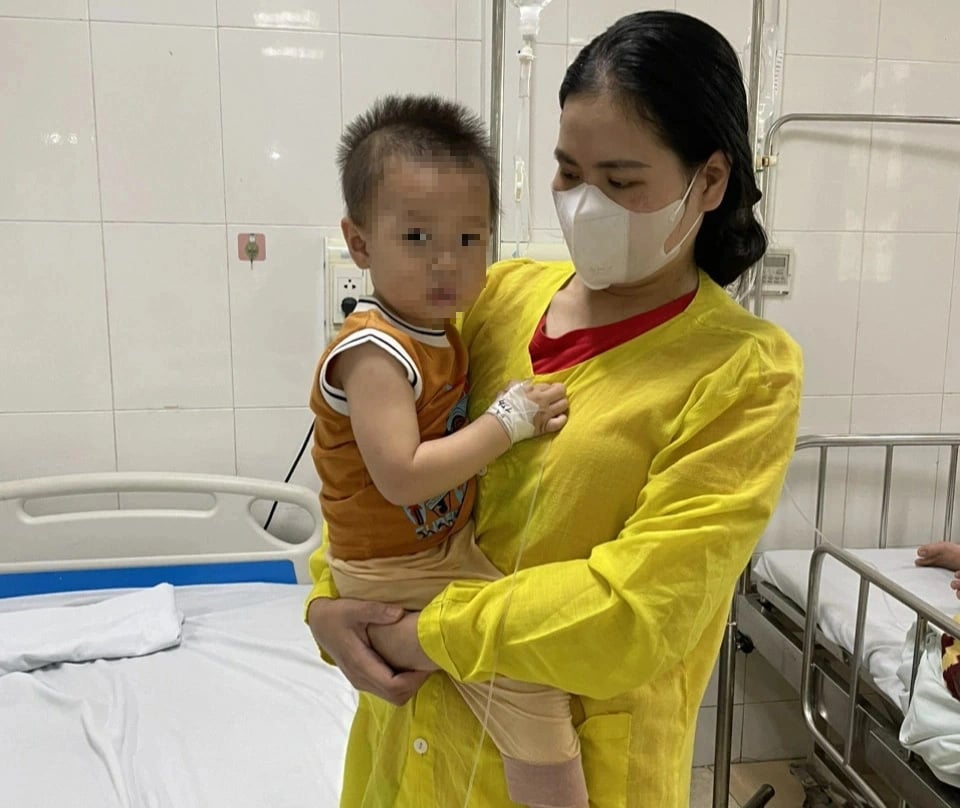
The child poisoned by chemicals has recovered - Photo: BVCC
Treatment is difficult, prevention and timely first aid are needed.
Dr. Dao Huu Nam, Department of Intensive Care, National Children's Hospital, said: Poisoning due to mistakenly drinking chemicals is very likely to happen in children.
In cases of drinking gasoline or kerosene, pneumonia can occur because the patient can easily inhale the toxic fumes of the chemicals. With kerosene, it is even more dangerous because this substance is very thick, when it enters the lungs, it condenses, dissolves in fat, and penetrates the bronchial branches and lung parenchyma, making treatment more difficult.
Doctors guide on how to properly handle children poisoned by drugs and chemicals as follows:
- As soon as parents and caregivers discover/suspect that a child has accidentally ingested a toxic drug or chemical, they need to quickly separate the child from substances that pose a risk of poisoning.
- Call 115 or quickly take the child to the nearest medical facility.
Note: When going, parents should remember to bring along any medicine or chemicals suspected of poisoning the child. This will help the doctor suggest the cause and have an appropriate detoxification plan.
Children are usually poisoned through three routes: (1) through the skin and mucous membranes due to direct contact with chemicals; (2) through the digestive tract due to drinking and (3) through the respiratory tract due to inhaling toxic substances. With each route of poisoning, children will have the following symptoms:
Skin manifestations: many red bumps and blisters appear on the skin.
Gastrointestinal symptoms: vomiting, nausea, abdominal pain, diarrhea, fussiness.
Respiratory symptoms: cough, irritation, wheezing, difficulty breathing.
Systemic manifestations when children are severely poisoned: rapid breathing or slower breathing than normal, cyanosis, convulsions, lethargy, coma...
While waiting to take the child to a medical facility, parents should provide first aid to the child by:
- If poisoned through skin and mucous membranes : Immediately remove clothing contaminated with chemicals, and continuously wash the child's body area exposed to chemicals under clean running water. If chemicals get into the eyes, wash the eyes by immersing the face in a basin of water and blinking continuously, and give the child saline.
- If poisoned through the respiratory tract : Quickly take the child out of the area with toxic chemicals, spray the child's nose and throat with saline solution, then have the child rinse his mouth many times.
- If poisoned through the digestive tract: Raise the child's head or keep the child in a sitting position if the child is still conscious. If the child is unconscious, let the child lie on the left side. This will help the child avoid choking. At the same time, when the child vomits a lot, the substances in the stomach will not flow up the esophagus, then into the trachea, into the lungs, causing danger to the child.
If the child is alert, has not vomited, and is still responding well, parents should use their fingers (it is best to wrap a soft, clean gauze around it) to stimulate the floor of the child's throat (where the uvula is), helping the child vomit to eliminate harmful substances from the body.
Note that the vomiting stimulation should be gentle to avoid injuring the child's throat.
Doctor Nam warns that poisoning often occurs in children under 5 years old. Medicines and household chemicals are factors that often cause poisoning in children. Therefore, to avoid the risk of poisoning by drugs and chemicals, parents should pay attention to:
- Keep medicines and toxic chemicals out of reach of children. It is best to store them in a hidden place where children have little chance of coming into contact with them. If you are more careful, you can keep them in a locked box so that children cannot open it.
- Do not store chemicals in drinking water bottles. Colorful bottles attract children's attention and avoid confusion.
- Do not store oral medication with disinfectants or other chemical bottles.
- Do not arbitrarily buy or give your child drugs of unknown origin. You must use the correct prescription and dosage for each visit.
- Medicines should be stored in sealed bottles with clear labels stating the name of the medicine and the expiry date. Regularly clean the medicine cabinet and discard expired or damaged medicines.
- Children of nursery and kindergarten age need to be supervised and cared for by adults or older siblings when playing. Do not let children play alone to avoid unfortunate accidents.
- For older children, parents need to teach them about toxic chemicals and how to identify and distinguish them from foods that have similar shapes.
Source


![[Photo] Prime Minister Pham Minh Chinh chairs the 16th meeting of the National Steering Committee on combating illegal fishing.](https://vphoto.vietnam.vn/thumb/1200x675/vietnam/resource/IMAGE/2025/10/07/1759848378556_dsc-9253-jpg.webp)





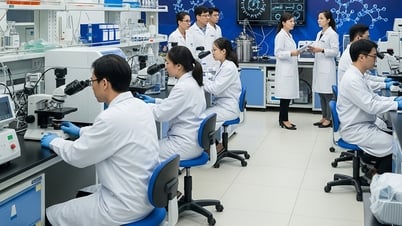

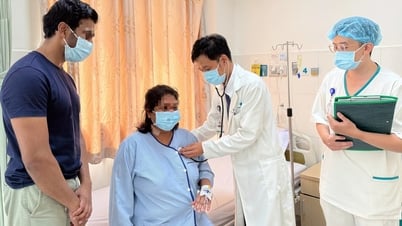
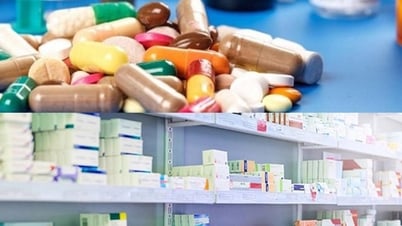

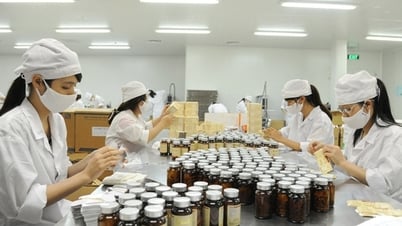
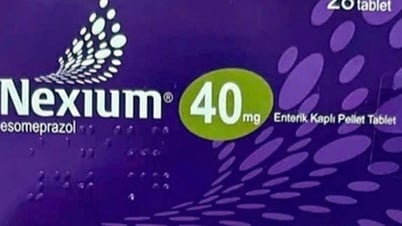
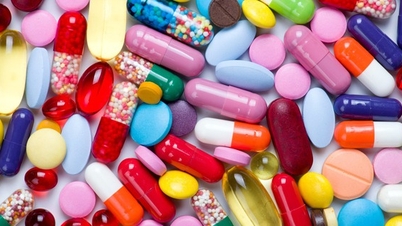




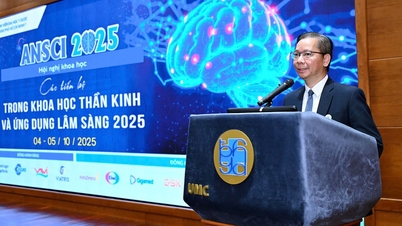
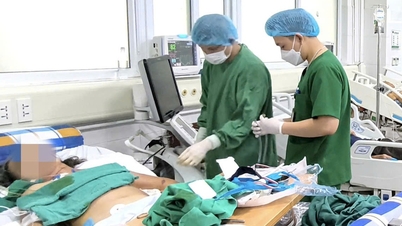





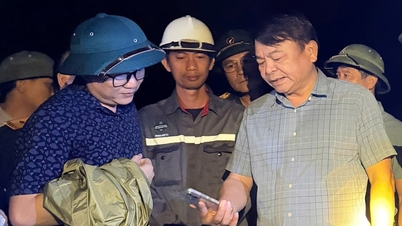





![[Photo] Super harvest moon shines brightly on Mid-Autumn Festival night around the world](https://vphoto.vietnam.vn/thumb/1200x675/vietnam/resource/IMAGE/2025/10/07/1759816565798_1759814567021-jpg.webp)


































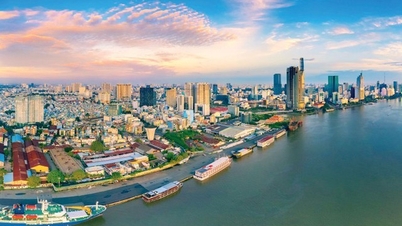


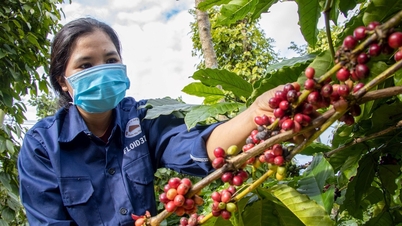









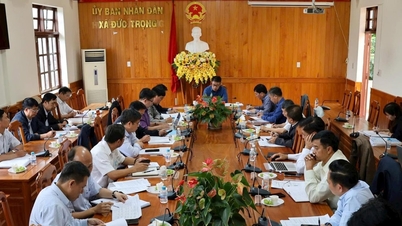

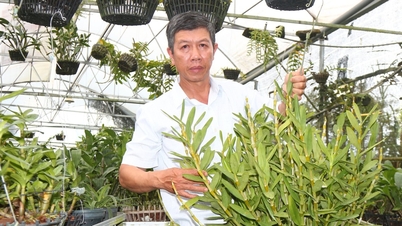
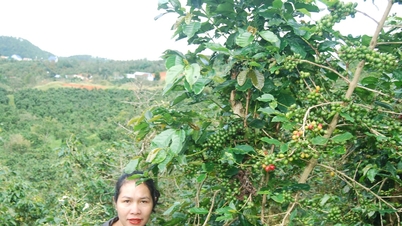
















Comment (0)